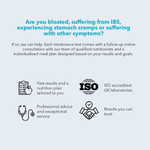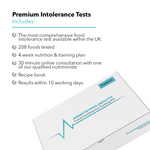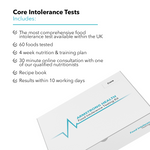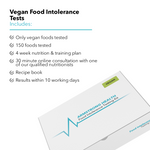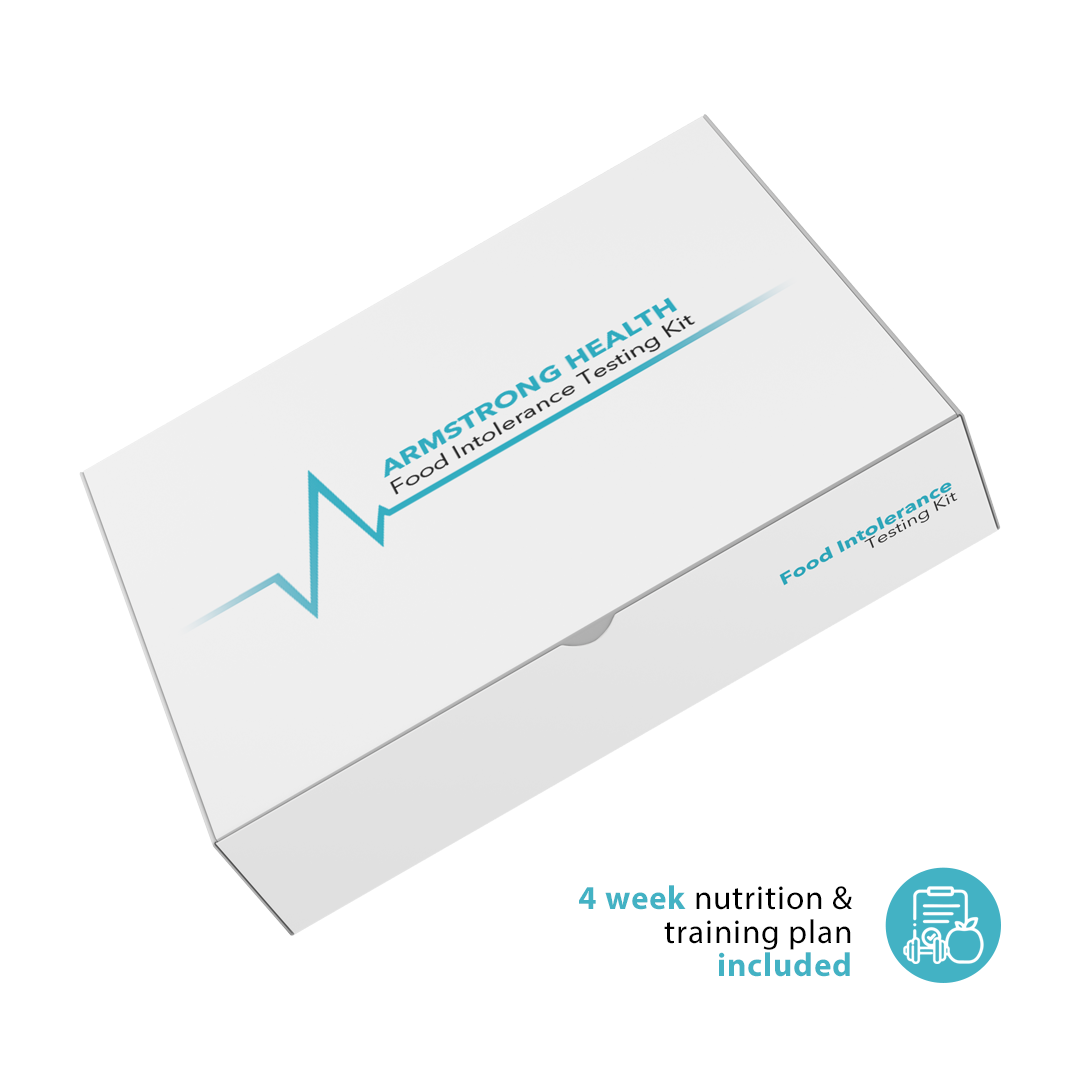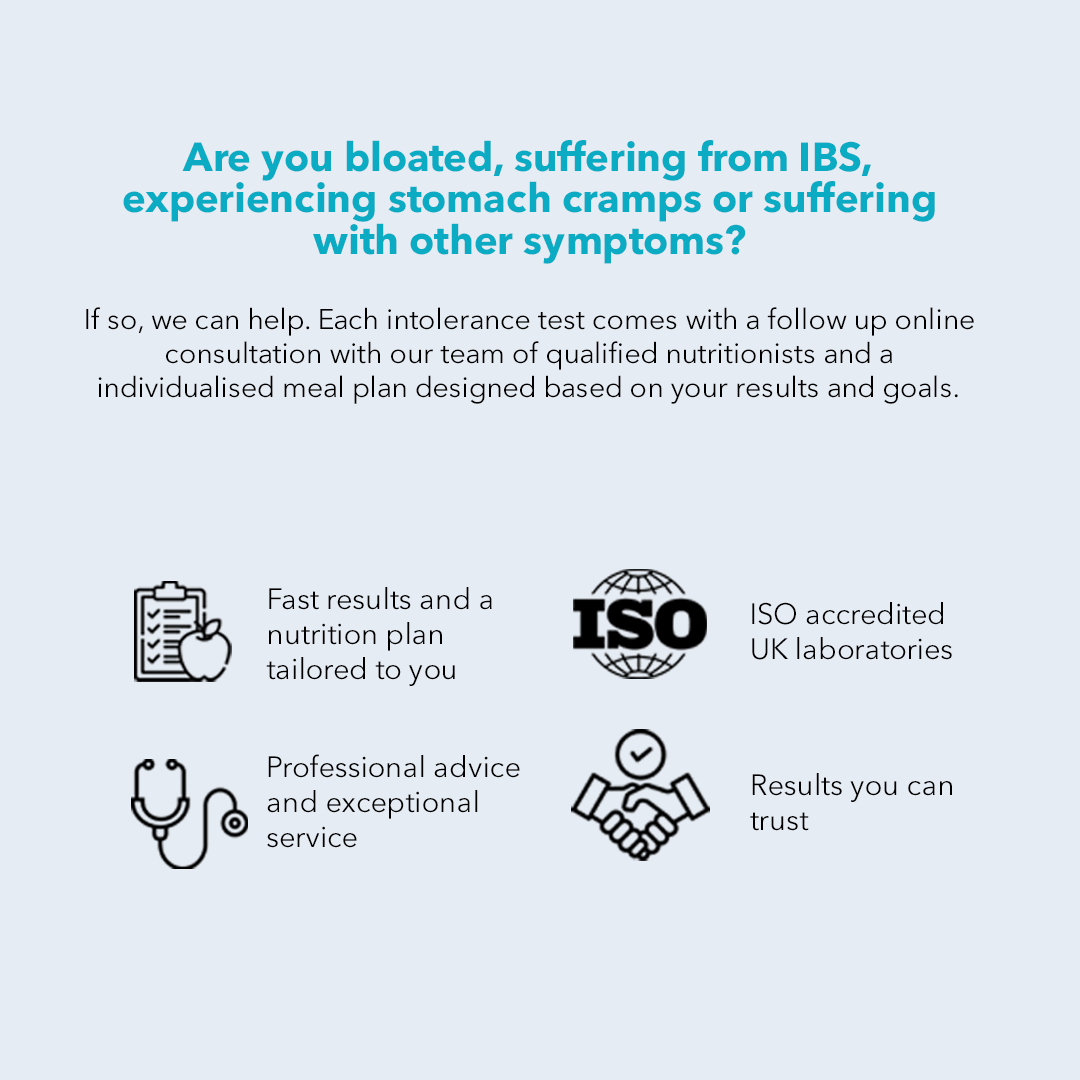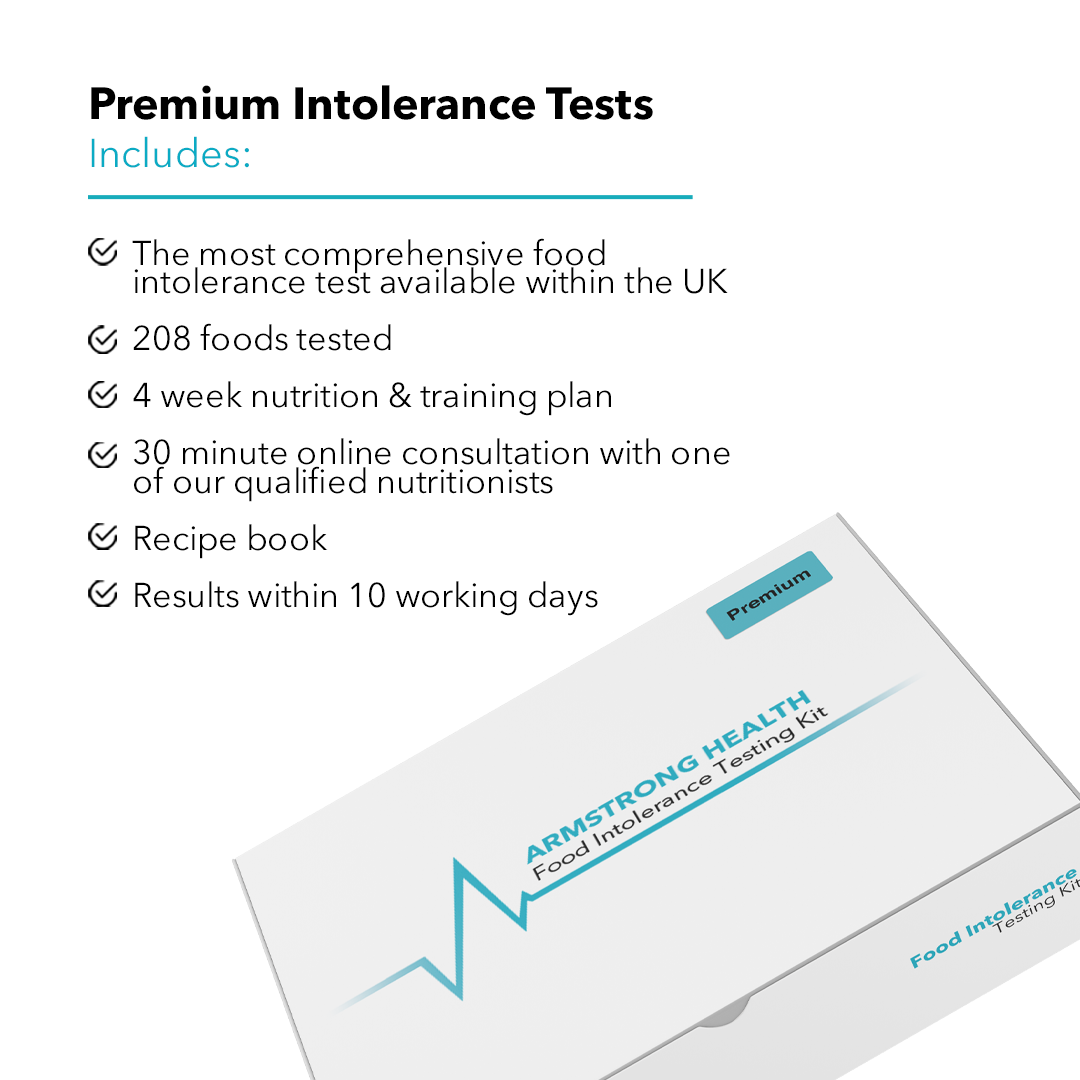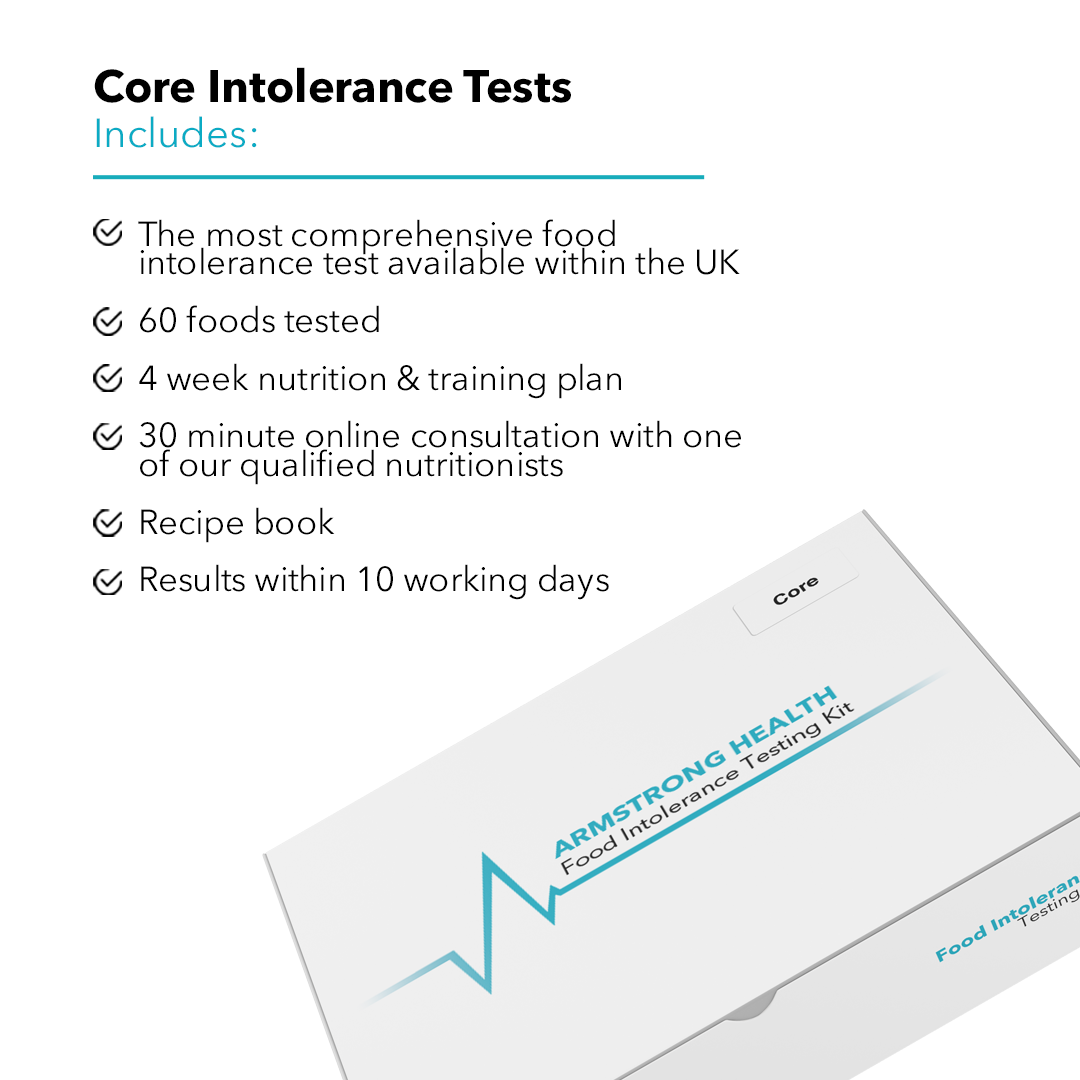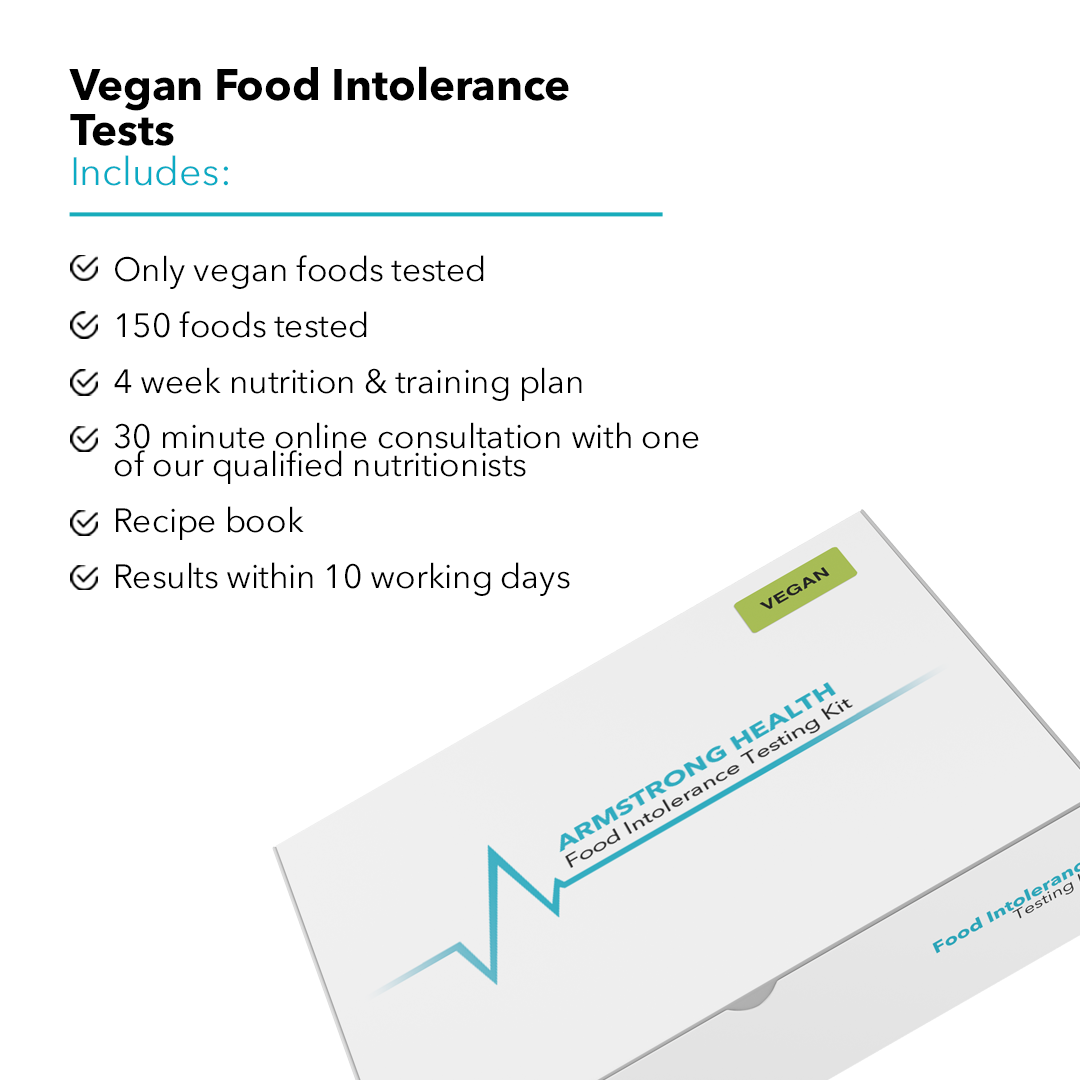I’ve been contemplating writing this article for weeks. It is such a sensitive subject I’ve refrained from doing so - until now.
The reason I want to go into detail about this topic is that there is so much confounding information out there regarding vegan diets compared to a carnivorous diet and I would like to set the record straight by breaking down some of the claims from the Game Changer documentary.
Since the Netflix programme ‘Game Changer’ was released, I have seen, and had, many clients wanting to change their diet to plant-based.
What is the reason for this? If you listen to what the Netflix documentary portrays, then it is compelling at showing that vegan diets are superior to other types of diets.
What the programme doesn’t reveal, however, is the exact science behind the experiments they undertook and the data they displayed.
So, if you are interested in hearing both sides of the story, please read on…
Following A Plant-Based Diet Is Not Easy
First and foremost, we are not against vegan and vegetarian diets.
Over the last ten years, we have supported, and continue to support, hundreds of vegan and vegetarian clients. Some are doing it for ethical reasons, others for food intolerances or sensitivities, while some do it for medical reasons.
For those not following such a diet, it’s very easy to think that all you need to do is cut out meat, fish and dairy products, right?
What people don’t realise, however, is that they also need to replace the nutrients lost after removing certain food groups, which can result in a lack of essential nutrients that our bodies need to function.
This can result in serious medical conditions if done incorrectly, but if done properly, there is no reason why this lifestyle cannot be healthy.
Vegan Vs Meat Eating Athletes
The documentary “Game Changer” is based on opinions, not all facts.
A lot of people we know and work with have turned to a plant-based diet hoping that it will improve their performance. I do agree - a lot of our clients have seen improvements in their performance. But is this because their diet was poor in the initial instance or is it because they have cut out meat and dairy?
From a scientific perspective, a long-distance runner that is on a plant-based diet experiences a higher energy level because a significant increase in pulses and grains will deliver a high amount of carbohydrates.
As stated in the documentary, meat doesn’t give you energy.
They are correct; it doesn’t - it’s for recovery.
What if you had the carbohydrate content of a plant-based diet, together with the repair capabilities of meat and fish?
A formidable diet if you ask me!
The clips surrounding Olympians and elite athletes converting to a vegan type diet and claiming “this is the way forward” is also very biased.
I agree, if it works for you then go for it.
However, it’s not the “be-all and end-all.”
Since 1896 there have been 5115 gold medals won in the Summer Olympics. How many of these athletes followed a carnivorous diet?
How many of these were vegan?
From known data, records suggest that over 99% of athletes eat meat and lots of it.
Eating Four Times More To Get The Same Benefits
The documentary mentions that vegan and vegetarian food has all the amino acids you need but “in varying amounts”, however, these levels are significantly lower compared to meat and fish.
Essential amino acids such as lysine, isoleucine and leucine are found in high levels in beef.
For example, up to 2.54g (g amino acid/ 100g) of lysine, 1.4g of isoleucine, and 2.28g of leucine can be found in a 100g piece of beef.
If we were to compare these figures to a 100g of red kidney beans, for example, you would find approximately 0.6g (g amino acid/ 100g) of lysine, 0.4g of isoleucine, and 0.74g of leucine in the food.
Therefore, yes, I agree that you can get the amino acids from plant-based foods, but the levels are not as high.
If we revert back to the documentary, the presenter stated that the research says, "as long as you get the right amount of amino acids, the source is irrelevant.”
So what he is saying?
Does he mean that it could come from plants OR meat?
If we are talking about protein content alone, there is no reason to suggest why meat is inferior to grains, pulses and lentils.
In fact, it’s more the opposite.
Yes, you can get 30-40g of pure protein from these pulses and grains, but let’s not forget the added carbohydrates and the crazy amount of fibre (too much, if anything) that also comes with these plant-based foods.
Just make sure you are aware of this and factor this into your macro and micronutrient calculations. If you are an IBS sufferer, then you are well aware that this amount of fibre will be too much for you.
The Burrito Experiment
In relation to the experiment that was undertaken, which compared the fat content (cloudy plasma) in the blood of the three football players, it stated that the two players who consumed the grass-fed beef and organic chicken had significantly higher levels of fat in their blood sample compared to the player that consumed the plant-based burrito.
What they did not state, however, was that the two meat burritos contained cheese and the plant-based burrito did not!
A 100g of cheese contains around 35g of fat.
A 100g of chicken breast contains around 3g of fat.
I would like to see the experiment repeated but this time with cheddar cheese on the plant-based burrito, or even better, no cheese on any burrito.
I believe that the outcome of this experiment would be significantly different.
Another variable that this experiment did not take into consideration was what the 3 players had to eat 24 hours prior to the experiment.
The experiment has no validity or replicability and therefore cannot be taken as fact, nor should it be used as a reason for cutting out meat.
Certain physiological parameters such as blood pressure and cholesterol have been measured in people who follow a vegan type diet and have found a significant improvement in these parameters once they switch to vegan. Great!
But is this because of an increase in plant-based food consumption or because of a reduced intake of meat?
The issue with eating meat is what people eat with it - bread, cheese, chips, spreads, sauces.
By eliminating these “extras” we will have the same effect of what has been seen in vegan physiological profiles, i.e. reduced blood pressure, decrease cholesterol, reduction in inflammatory and cardiac risk factors.
The deterioration in physiological variables does not come from the meat alone, but from what people eat with the meat.
Food intolerances can also cause raised inflammatory markers.
A lot of people are intolerant to dairy, therefore are the reduced inflammatory markers in vegan diets caused by increased consumption of plant-based foods, or is it down to the fact that they have eliminated a food intolerance in the form of dairy.
Nevertheless, if you are cutting out dairy, please make sure you get enough calcium in your diet.
For more information on this, please refer to our blog: https://www.armstronghealthspecialists.com/how-to-get-your-daily-dose-of-calciumwithout-dairy
The Low Down On Meat
I eat meat; and would recommend it to my clients that are not vegan or vegetarian. However, each portion should be organic and in its purest form (by purest, I don’t mean uncooked, I mean no added ingredients, no breadcrumbs, no bbq sauce and bacon with cheese stuffed into the middle!).
This way, and it’s the only way, you can ensure what you are eating.
Unfortunately, we as a society have come to know that a pack of chicken breast for £2 is normal and good for you, but it isn’t. It’s the opposite; it is actually bad for you.
The reason why the meats we see on our shelves are cheap is that they are pumped with “crap” (and I am using that word lightly).
The chicken is fed with antibiotics and artificial fertilisers to bulk them up as quickly as possible, to get them on the shelves, the more they sell, the more money the company receives.
These companies don’t care about your health, and they don’t care about the welfare of the animal, they care about money.
They meet the minimum standards to pass the tests, and that’s it.
Cheap meat is dangerous; not only for our health but also for the animals.
Do you know why they are routinely given antibiotics? It is to help them cope with the stress of living in an indoor shed with 10,000 other chickens, where approximately 3,000 out of the 10,000 die – this is the “free-range” chicken you buy by the way.
Organic chicken can be up to 5 times the price of standard shop-bought chicken. How cheap chickens get to the shelves is absolutely ridiculous; however, not everyone can afford organic meats.
On the other hand, if more people bought organic, the price will eventually reduce, like with everything. Organic foods are always labelled, whereas non-organic are not. But why? It’s the “regular” foods that should be “labelled” as these are the ones that have had pesticides, herbicides and antibiotics added to them.
Surely we should be told what goes into our food? The same goes for plant-based foods. Organic versions of fruit, veg and meat will always be our preferred choice. Anyway, back to the documentary…
The Way We Cook
The documentary stated that meat consumption increased specific cardiac markers.
Overconsumption of red meat (which naturally contains more fat) has been proven to increase these markers. This cannot be said about chicken and turkey, however.
Many people cook their meat with vegetable oils and butters. Is this reason that the markers are elevated?
What if chicken or turkey were cooked by steaming or even dry frying. I’m sure the results will be significantly different. They state that blocked arteries are solely caused by meat and dairy consumption. What about sugars, stress, environmental toxins and alcohol?
The Fire Fighter Experiment
By changing a diet to plant-based, you are in theory, cutting out most refined sugar.
However, we have to make sure that we get all of the micro and macronutrients that are lost from cutting out meat and dairy products.
During the firefighter experiment, it is clear that the majority of those firefighters had high BMIs. As a result, their cholesterol and blood pressure were elevated. The majority also stated how poor their diets were - refined sugar, fried food etc. Even by reducing these foods alone, it would decrease blood pressure and cholesterol.
A lower blood pressure and cholesterol levels were not directly related to changing to a vegan type diet. It was a combined effect of cutting out junk food and replacing with high-quality foods.
We at Armstrong Health Specialists have had dozens of clients in the last year alone coming of statins, metformin and other drugs. These clients are not vegan or vegetarian. They eat everything in moderation.
I found it a bit perplexed that the show featured Arnold Schwarzenegger.
He is not vegan or vegetarian.
Was this just to gain popularity? I think so.
Now to the facts of his cameo. Is the reason that Arnold’s blood pressure is now the lowest it has ever been down to the fact that he no longer uses anabolic steroids or is it because he’s not eating as much meat as he used to?
From our previous studies into anabolic steroid use and cardiac function, we found a significant correlation between steroid use and high blood pressure. Following months of not taking anabolic steroids, blood pressure would significantly reduce, indicating that steroid taking was the cause for the spike in BP.
After years of research into vegan and vegetarian alternatives, we have found that a lot of vegan alternatives are not healthy, the same as gluten or dairy-free foods.
Just because they don’t contain meat, or don’t have gluten or dairy in them doesn’t mean it’s actually healthy! Always read the label to see what has actually gone into the product.
Lastly, do a lot of people turn to vegan diets because of the ethical reasons (not to kill another living being) or because of actual scientific facts.
Yes, I agree that the meat industry needs some serious looking at and turning to organic produce can improve many aspects of this.
Many argue that commercial farming is bad for the environment. It’s not the livestock’s fault- its actual human beings that are at fault. They way they farm, the money they want to earn, and the efficiency of the farming sector as a whole.
All these variables contribute to poor standards of commercial farming. This is what gives the farming industry a bad name. There are plenty of farms out there that do things right, and it may not actually be any more environmentally harming than plant-based farming.
To conclude, we advise every healthy client that does not have any medical condition, and that are not vegan or vegetarian, to eat “everything in moderation.”
Some meat and fish, together with plant-based foods such as vegetables and grains, are the perfect match. This will ensure health, wellness, improved performance and faster recovery.
So, before you make radical changes to your diet, make sure it's not due to a viral TV programme or peer pressure. If, however, you are adamant you want to change, be sure to seek the right advice and make sure your new diet is properly balanced around your goals, medical history, food intolerances and lifestyle.















